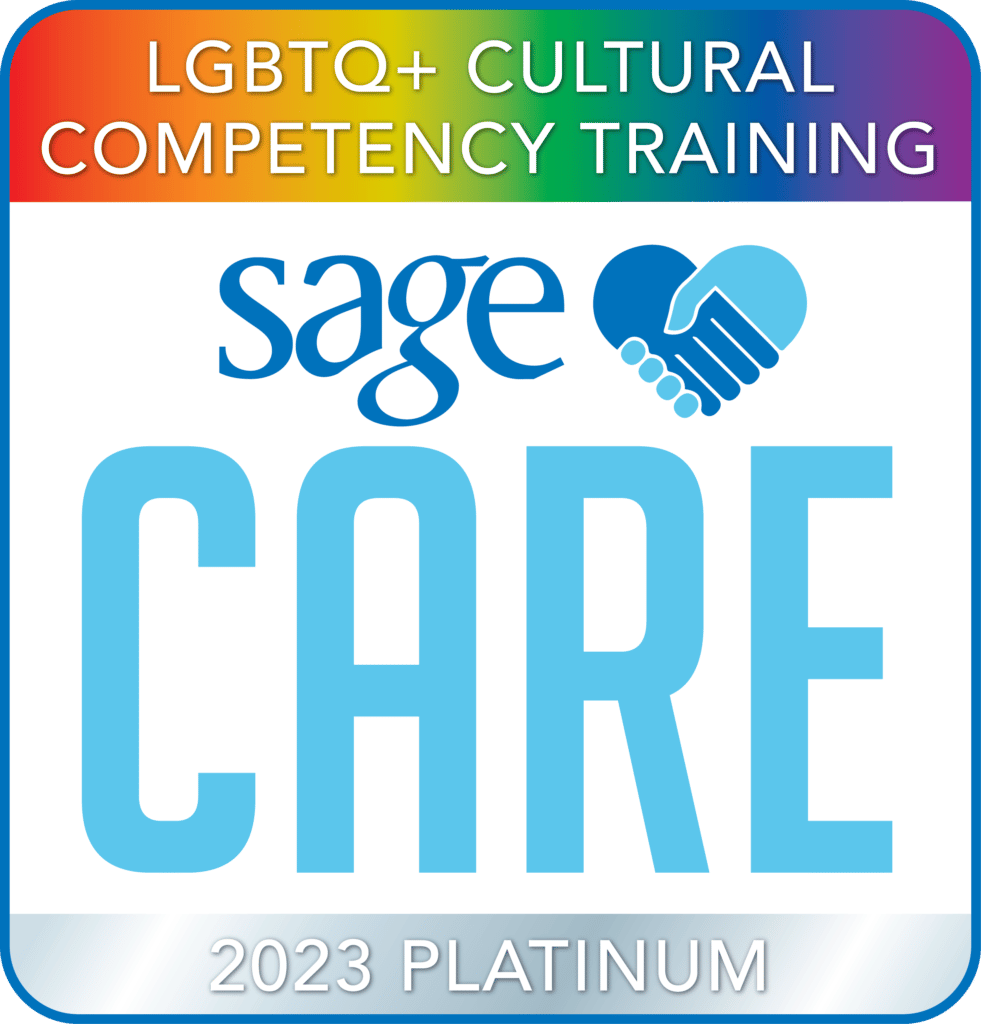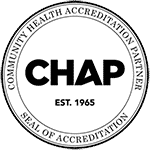Why You Should Clean Out Your Loved One’s Medicine Drawer Now

Every home has a designated cabinet or drawer for storing medications. This space tends to fill up over time, which can lead to significant health risks for seniors. If cleaning out the medicine drawer isn’t on your list of tasks as a caregiver, it should be added immediately. In this article, our team of in-home caregivers in NJ will explain why it’s so important to regularly sort through your senior loved one’s medicine drawer, as well as some tips on how to tackle this task more easily.
Multiple medications everywhere you look!
We all know that seniors can take a lot of medication. In fact, recent studies show 85% of older adults are taking one medication regularly and 36% taking 5 or more. Not to mention, that’s without considering over-the-counter (OTC) medications and dietary/nutritional supplements. Here’s why it’s a good idea to sort through these pills and powders regularly:
- Medication mix-ups – When medication drawers are cluttered or overflowing with boxes, containers, and blister packs of medications, there’s a greater chance that a medication error can occur. Similar looking medication boxes, faded labels, and general clutter can be confusing, making it easy to take the incorrect medication by mistake.
- Old medication – Medication and supplements have expiration dates for good reason, as they all become less effective over time. Taking expired medication means they may not work as intended, and doing so could even put your loved one’s health at risk.
- Unsafe medication – Old, outdated, and incorrect medications should not be used at all, but having them accessible in the medicine drawer can make it tempting to try. This can put their health at risk and could even cause a dangerous interaction with other medications in your loved one’s system.
How to declutter the medicine drawer
- Put all medications in one place – Clear off the kitchen table and use it to gather all medications, supplements, and OTC medications in the house. Remember to check bathrooms, pantry cupboards, bedside tables, and other drawers where medications can be left and forgotten about.
- Dispose of old, no longer used, and loose medications and supplements – Once prescription and OTC medications are past their expiration date, they should be disposed of safely by following these guidelines from the Food and Drug Administration (FDA). All loose pills and tablets should be disposed of the same way.
- Evaluate prescriptions – Medication prescriptions may overlap or become unused even while the medication is within its expiration date. These cannot be returned (although you should tell the pharmacy to stop dispensing them and cancel the prescription), and so they need to be disposed of.
- Store medications properly – If medications are open but within their expiration date and stored properly, they will be safe for continued use. Make sure medications that require refrigeration are stored correctly, and keep the rest in a cool cupboard or medicine cabinet out of sunlight.
- Make a list – Make an up-to-date list of all the medications your loved one is on, what they have in the drawer and other storage spaces, and how they need to be taken. This will help caregivers find what they need easily and can help prevent unpleasant or dangerous medication interactions. Your master list will also be a very useful resource at doctor visits or if there is ever a medical emergency.
United Methodist Communities HomeWorks is focused on giving seniors a professional, but warm and welcoming hand in maintaining independence at home. Our in-home senior caregivers are trained and experienced in medication management, nursing skills, meal preparation, and much more, helping every client live a full and abundant life.
For more information on our home care help for seniors, contact us today or visit our website at https://umcommunities.org/homeworks/elderly-home-health-care-nj/






